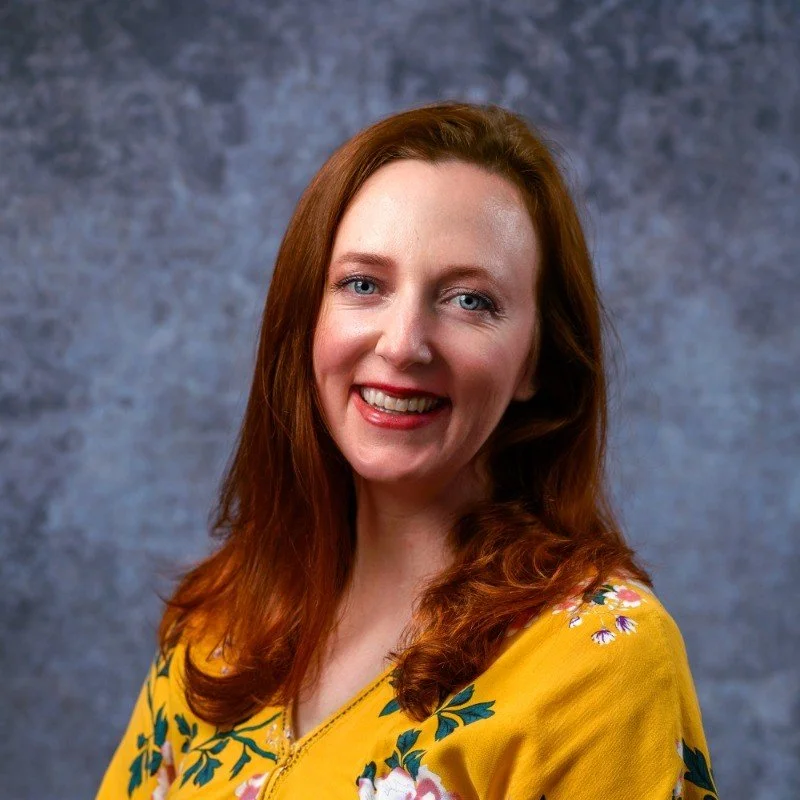The Essays
I have spent this year entrenched in newness. New jobs, new people, new places. New ambitions to accompany a new life untethered to an academic institution. New challenges that tested the tenets of my identity—new growth in their wake. This year, as I’ve endured the discomfort of self-discovery, traipsing through the newness of life, I found solace in the following essays. These authors bear the most vulnerable aspects of their lives on the page—they claim ownership of their anger and their grief; they center remorse that unravels a life and entwine the unsaid beauty and pain of queerness; they ask us how imposed expectations distort a community’s synergy, why our names hold a heavy significance, and what our reactions to the world reveal about ourselves. The essays exhibit undeniable proof that their authors, too, have lived through turbulence that changes lives. Proof that we need not manage this ever-present newness of life alone. Proof that the fear, the hurt, the guilt, and the anger brewed by newness will not dissipate, but rather take root in our souls. And yet, we will survive. I hope you handle these essays with the same care you would your heart outside your chest, nestled in your cupped hands, still beating, still alive: their authors deserve that much.
—Brian Borchard
Creative Nonfiction Editor
Brian and I read well over 200 pieces for this issue: every single piece of writing that came through our inbox was discussed in detail over Monday morning coffee, and often again later, in emails, and add-on meetings—all virtually conducted, Brian from New Jersey and me from Scotland. Even from the depths of the Submittable queue, across an ocean over a Zoom call, we searched through deeply personal and delightfully clever writing for works that did something essential for us—though when we began we weren’t quite sure what exactly that essential thing was. Over months of reviewing, we found ourselves most compelled by the pieces which discovered something, which reached, insistently and openly, for a way back to the self, or to other people. Narratives and essays and musings in which the writer placed themselves vulnerably in front of the reader, and were sincere about the ways in which they observed and met others, and how these collisions of humanity startled them, and taught them something new. From Alaskan baseball fields to the passenger seat of a car, from prison cells to quiet gardens, the works of creative nonfiction collected in this issue in some way mirror the experience all of us are continuously evolving through amongst an ongoing pandemic, a climate crisis, social and political and technological upheavals—figuring out ways to be with each other once again after long periods of isolation, after essential moments of introspection, as individuals, as communities, as nations. We are searching for something essential, for something human, for a way to be ourselves, together again.
—Meredith MacLeod Davidson
Creative Nonfiction Editorial Intern
the Dogtown Pirates
Daniel Skarzynski
We get tourists through, and they joke from the back of my van, “Gee, this would be a great place to hide out during the apocalypse.”
“No,” I say, maybe too quickly. “It’s too cold up here. Too dry. Hardly any fish in the rivers, hardly any moose in the hills. Not like down around Fairbanks—or even better, down around Anchorage. They got all kinds of moose down there. Moose on the roads, moose in the grocery stores—live ones. That’s why we can’t have automatic doors in Alaska. It’s like putting screen doors on a submarine. Moose down there are like gas. They expand to fill every available space. Up here, we could have automatic doors. Wouldn’t make a difference, except that the mosquitos might trigger them. No, you wouldn’t want to be up here during the apocalypse. If you didn’t starve, you’d freeze the first winter.”
Henry
Eileen Nittler
I held my son in my arms. Seven pounds, four ounces at birth. Now, nineteen years later, he weighed almost the same, in a box, in my arms.
Violent Offender: Chapter One
Kashawn Taylor
“Whoa, whoa, breathe. Sit down”
The voice came from what I believed was behind me. I wasn’t entirely sure; my consciousness flickered. The room around me was spinning like I was on some poorly constructed tilt-a-whirl at a janky fair off the side of the road. But I was dead sober. Save for nicotine, I hadn’t ingested any mind-altering substances since the night before when I drank a beer bought for me by my Aunt Donna, with whom I was living at the time.
Encounters XI: Invisible And Invincible
Susan Johnson
The neighborhood kids shush me when I walk by and wave hi. They’re hiding from another neighborhood kid. It’s that game where you duck down behind the one in front of you who ducks behind a tree, and there’s no way anyone can see you, as long as you don’t move or giggle. I almost want to join them. The older I get the younger I seem, to myself. I’m not that sixty-year-old neighbor walking by; I’m one of these kids, tucked down low, pressed against bark and leaves, hiding from the world, residing in that kid-world where you’re invisible and invincible.
Grey Gardens
Cynthia Belmont
I lay on the white-planked table smoking my first-ever cigarette, alone because everyone else was on a delivery and I had been left to watch the store. Dazed, I stared at the foggy, sun-charmed glass roof, everything wet around me in the euphoric air of petrichor and potted geranium, the terrible burning of pristine lungs and nauseous whirl, the bougainvillea’s draggy magenta flowers dripping from the steel beams, its arms and fingers reaching from the huge winding trunk at the center of the main greenhouse like the tree of knowledge, spreading pink everywhere. It was a new smoker’s high—you only get that once.
Empirical Research on Angry Women
Joy Curtis
An invisible hand burst into my chest, gripped my heart, and squeezed it in chaotic pulses (Herrald & Tomaka, 2002). I pressed wrinkles into my forehead, stringed fine lines under my eyes, and stretched my lips thin (Malatesta & Izard, 1984). My locked jaw makes my face brutish (Manfredini et al., 2011) and lead poured from my head into my bones (Lundberg, 1999).
A No Name
Kathy Nguyen
Two years after your passing, our family friend, whom I’ve always called Bác Hai, passed away. I positioned myself in the dark concerning your and Má’s history, and this wasn’t any different. Stories you once told marked your history with Bác Hai: he was a former lính bộ binh, which transliterally means an infantry soldier, and became a lifelong friend at one point. Your last reunion with him was during Four’s wedding banquet and even then, you were distant to him and his family. A few words were exchanged but we could hear subtle overtures that audibly pointed out how far removed you were from the world outside of your home. Since your first stroke, you had acted more aloof, isolating yourself from your friends and the people you once were intimately familiar with as you retreated elsewhere, into your own space. Years before your stroke, you frequently hosted your friends from the Vietnamese community. You shared a long history with Bác Hai; as Má later shared, your family escaped with Bác Hai’s family. Perhaps the disease symptomatically prompted a lonely unfamiliarity only you understood, allowing you to feel secure in seclusion while also breaking away from any hostile impositions expected of you.























